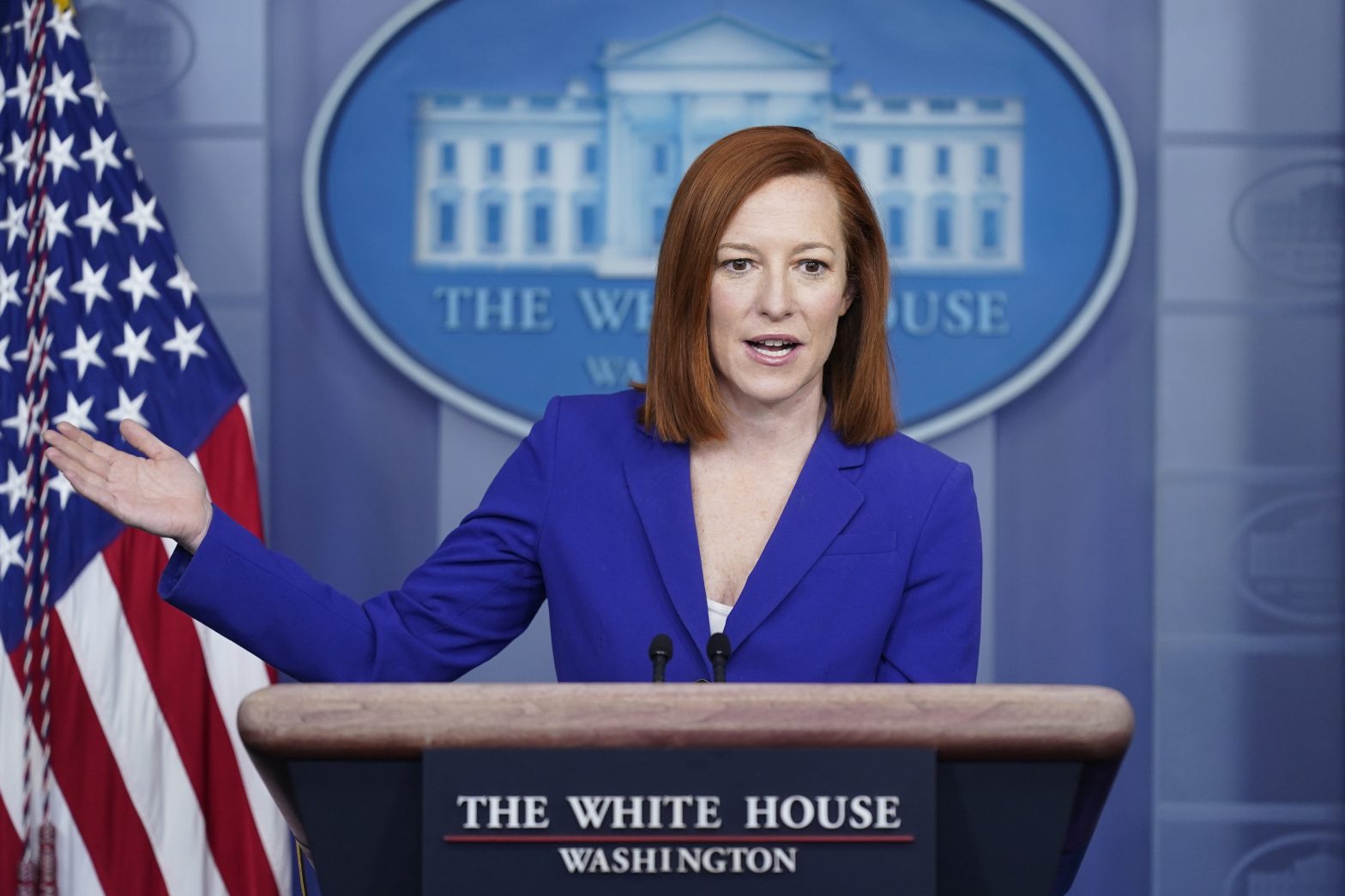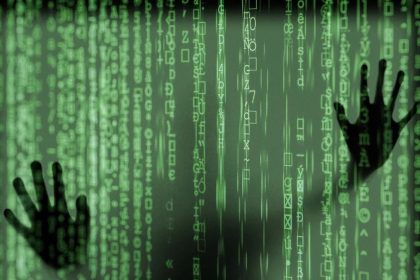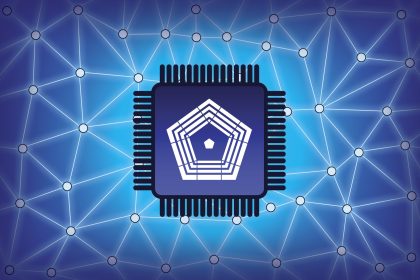Biden Wants Rules on Cybersecurity Sharpened after China, Russia Attacks

WASHINGTON — Microsoft is placing the blame for a hack on its email software on China after President Joe Biden called on allied nations to create a new set of rules governing cybersecurity threats across the globe.
It is believed that a Chinese hacker group known as “Hafnium” orchestrated the breach by exploiting vulnerabilities in the Microsoft Exchange Server email software. The system is utilized by a wide range of industry sectors, including institutions of higher education, legal firms, defense contractors and infectious disease researchers, among many others.
The hack was carried out using a “web shell,” an interface that allows infiltrators to remotely access web servers by executing arbitrary commands. Microsoft has since patched the flaws in the system, but the full extent of damage dealt by the widespread breach is still unknown.
“This is an active threat,” White House Press Secretary Jen Psaki told reporters on Friday, March 5. “Everyone running these servers – government, private sector, academia – needs to act now to patch them.”
News of the Microsoft breach broke as lawmakers were still debating their response to the SolarWinds hack allegedly tied to the Russian government last year. Last month, cybersecurity experts testified to the House Oversight and Reform Committee that the SolarWinds attack affected the software of roughly 17,000 of the company’s customers and impacted American technology companies and government agencies, The Well News previously reported.
It is believed that in both instances, the hackers exploited old software loopholes to gain a backdoor into the systems. The only alterations in the systems, which went unnoticed for some time, deactivated firewalls preventing remote monitoring of the programs.
“We must shape the rules that will govern the advance of technologies and the norms of behavior in cyberspace, artificial intelligence, biotechnology, so they are used to lift people up, not used to pin them down,” Biden said during the virtual Munich Security Conference last month.
Through their exploits of the SolarWinds product known as “Orion,” Russian hackers were able to gain access to as many as 250 digital networks. Access to the U.S. Department of Commerce, Department of the Treasury, Department of Homeland Security, Federal Energy Regulatory Commission and other agencies was obtained through these hacks.
In response to the threats, the Biden-Harris administration is launching a task force to investigate the hacks. The White House also issued new direction through its Interim National Security Strategic Guidance plan on how to deter future technology breaches.
“U.S. and European companies are required to publicly disclose corporate governance structures, and abide by rules to deter corruption and monopolistic practices,” Biden said in remarks at the conference. “Chinese companies must be held to the same standards.”
Biden has also tapped various veterans of cybersecurity from both the public and private sectors to lead his administration’s cybersecurity team, which had been previously left vacant by the Trump administration.
In addition, Biden earmarked roughly $10 billion for various cybersecurity initiatives, further signaling his administration’s commitment to improving the nation’s cyber weaknesses. These funds will be allotted towards federal research and development funding, and investments in foundational computing technologies.
As the scope of the hacks continues to come to light, Biden’s commitment to cyberinfrastructure remains a top administrative priority.
“The challenges with Russia may be different than the ones with China, but they are just as real,” Biden said. “It is not about pitting East against West, it’s not about wanting conflict, we want a future where all nations are able to freely determine their own path without a threat of violence or coercion.”






















